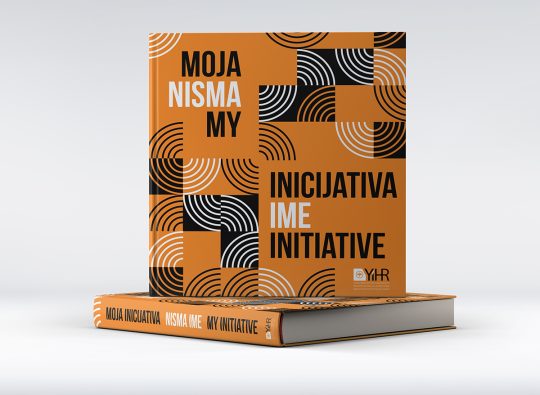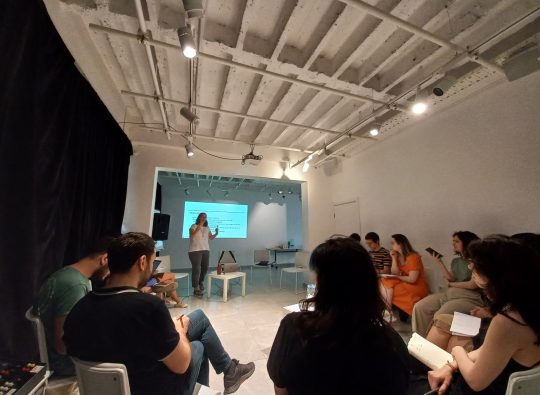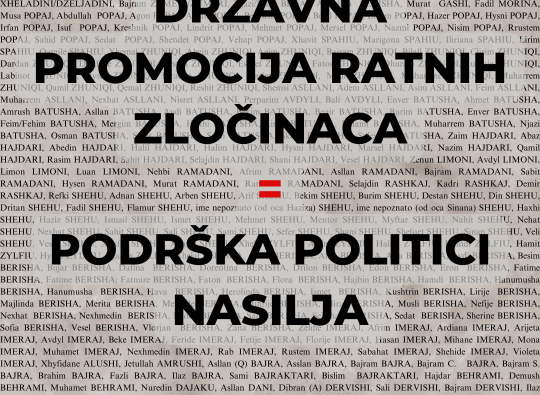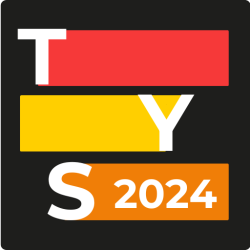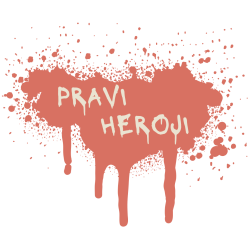A dozen of young journalists, activists, and politicians from several towns in Serbia attended lectures given by Seniha Kačar from the Sandžak Human Rights Committee, Marijana Stojčić of the Centre for Applied History, as well as by Marko Milosavljević from the Initiative with whom the participants also had an opportunity to talk about the memorialisation practices in Sandžak. Family members of the victims abducted and killed in Sjeverin and Štrpci, Dževad Koldžić and Nail Kajević, also discussed Serbia not recognising victims from the Sandžak municipalities.
Through her lecture on intimidation and persecution, cases of torture, murders, and abductions of Muslim citizens in this period, Seniha Kačar from the Sandžak Human Rights Committee reminded the attendees of the fact that around 10,000 citizens have gone through some form of harassment and abuse by the public and secret security agencies of the Republic of Serbia in Sandžak.
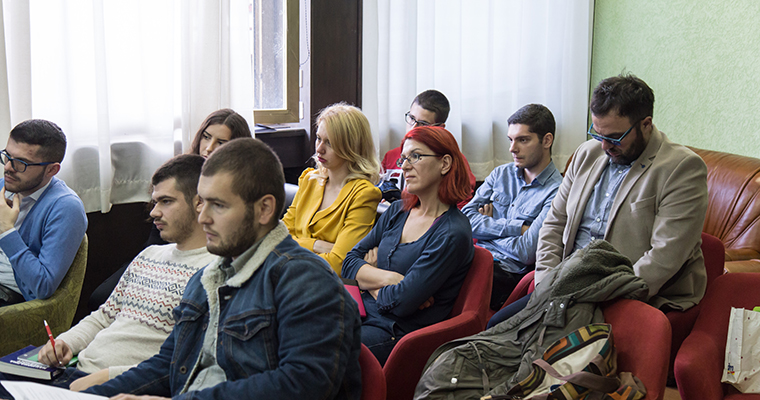
Marijana Stojčić of the Centre for Applied History talked about the culture of remembrance, i.e. forgetting war crimes on Serbian territory from 1991 to 1999. She said that a hybrid narrative of the collective memory of war crimes characterised by the ideology of victimisation is currently in place, and is based on two elements: one’s own righteousness (one’s own community) and the dehumanisation of one’s adversary (i.e. other communities). In practice, this policy of remembrance creates and renews the denial of war crimes such as kidnappings and killings against victims in Sjeverin and Štrpci.
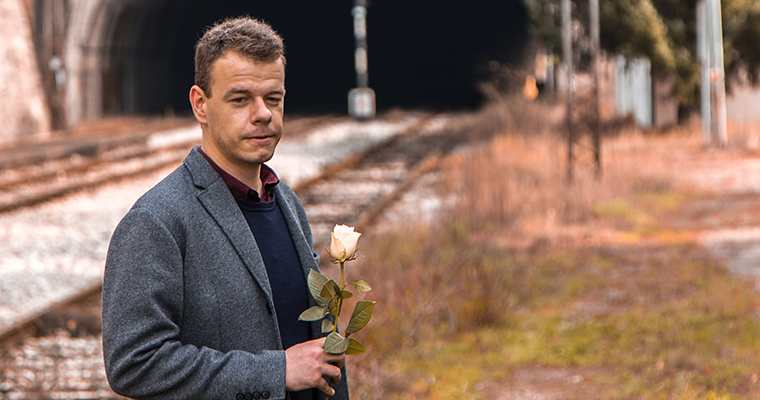
Along with Marko Milosavljević from the Initiative, the attendees had the opportunity to hear about the practices of memorialisation in Sandžak, which commemorate the victims of war crimes in Prijepolje, Bjelo Polje, Sjeverin, and Belgrade, as well as with commemorative practices of organisations such as Women in Black, Humanitarian Law Center, and Youth Initiative for Human Rights.
The State of Serbia still denying and not recognising the victims from the Sandžak municipalities even after 27 years was confirmed in the discussion with the family members of the victims abducted and murdered in Sjeverin and Štrpci- Dževad Koldžić and Nail Kajević.
The second day of the workshop saw the attendees visit the spot of the first abduction of workers from Sjeverin (the Amfora pub in the village of Mioče), followed by the monument in Sjeverin, as well as the abduction spot of Štrpci on the railway Belgrade – Bar. While visiting these places, the participants were talking with Dževad Koldžić and Behudin Hodžić, whose family members were abducted in Sjeverin, and erected the banner saying: ’Too young to remember, determined not to forget’.
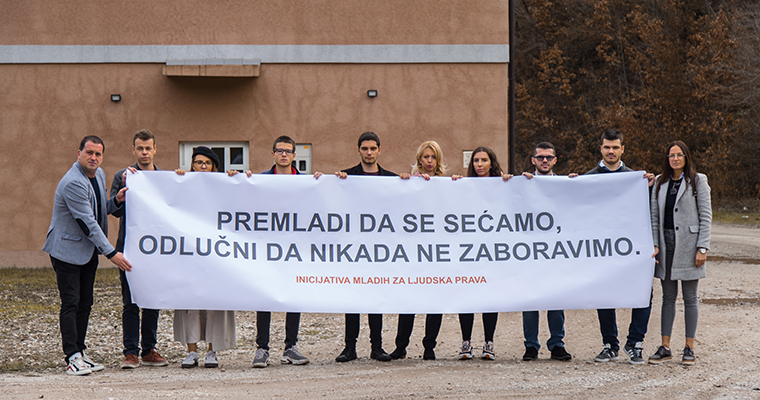
The Initiative also organised a public projection of RTV B92’s film ’Abduction’, in the Cultural Centre ’Pivo Karamatijević’ in Priboj. The film, which was first released in Priboj in 2002, was viewed by 50 citizens of Priboj, among them the representatives of the Islamic Community and the family members of the Sjeverin victims. Having seen the film, the citizens of Priboj, along with the participants of the ’Truth and Reconciliation in Serbia’, had a chance to voice their impressions of the film as well as the need of the victims’ families to discover the truth about their family members’ demise, as their remains are still missing.
[Best_Wordpress_Gallery id=”12″ gal_title=”Priboj (Istina i pomirenje u Srbiji)”]
The programme ’Truth and Reconciliation in Serbia’ is organised by the Youth Initiative for Human Rights with the support of German Federal Foreign Office.


